Introduction
In the fast-paced world of electronics, understanding the nuances of PCB assembly is crucial for anyone involved in circuit board manufacturing. PCB assembly refers to the intricate process of placing components on a printed circuit board (PCB) and soldering them into place, a vital step in creating reliable electronic devices. With the growing demand for high-quality electronic manufacturing services, selecting the right PCB assembly company can significantly impact your project's success.
Understanding PCB Assembly Basics
At its core, PCB assembly involves several key steps, including component placement, soldering, and testing to ensure functionality and reliability. This process is not just about putting parts together; it requires precision and expertise in circuit card assembly to meet industry standards. A thorough understanding of these basics will empower you to make informed decisions when choosing a partner for your PCB manufacturing needs.
Why Choosing the Right PCB Assembly Company Matters
The right PCB assembly company can mean the difference between a successful product launch and costly delays or failures. Partnering with an experienced provider ensures that your circuit board manufacturing aligns with industry best practices while adhering to quality standards. Additionally, a reputable company can offer valuable insights into optimizing your design for manufacturability, ultimately saving you time and resources.
Key Factors in PCB Partner Selection
When selecting a partner for your PCB manufacturing assembly projects, several factors come into play—experience, certifications, and industry knowledge are paramount. Look for companies that have demonstrated expertise in electronic manufacturing services relevant to your specific sector; this can greatly enhance collaboration and innovation. Moreover, understanding their quality assurance processes will help you gauge how well they can meet your expectations throughout production.
What to Look for in a PCB Assembly Company
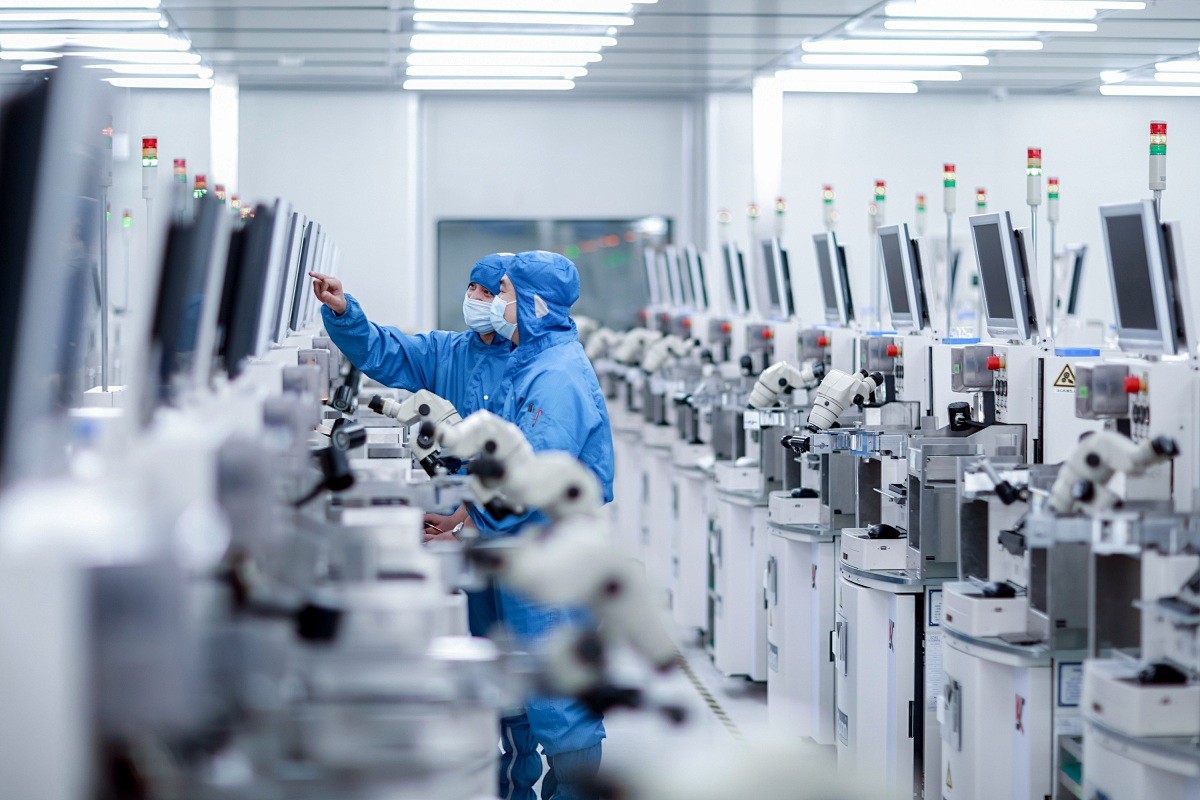
Choosing the right PCB assembly company is crucial for ensuring the success of your electronic projects. A competent partner can significantly impact the quality and efficiency of your circuit board manufacturing process. Here are some essential factors to consider when evaluating potential PCB assembly firms.
Experience and Expertise in Circuit Card Assembly
An established PCB assembly company will have a proven track record, showcasing their ability to handle various complexities involved in circuit board manufacturing. Look for companies that have worked across multiple industries, as this broad experience often leads to innovative solutions and better problem-solving capabilities.
Expertise also matters; ensure that the team behind the PCB manufacturing assembly is well-versed in modern technologies and methodologies. Skilled professionals can help optimize designs and improve manufacturability, ultimately saving time and costs. Remember, a knowledgeable partner will not only assemble your boards but also provide valuable insights throughout the process.
Certifications and Compliance Standards
Certifications are an essential indicator of a PCB assembly company's commitment to quality and industry standards. Look for companies that hold relevant certifications such as IPC (Institute of Printed Circuits) or ISO (International Organization for Standardization). These credentials demonstrate adherence to rigorous quality control processes in both circuit board manufacturing and pcb assembly.
Compliance with industry standards ensures that your products meet necessary safety regulations, which can be particularly important if you operate in sectors like medical or aerospace where precision is critical. A reputable PCB assembly company should be transparent about their certifications, allowing you to verify their compliance easily. This transparency builds trust and confidence as you embark on your project.
Industry-Specific Knowledge
Different industries have unique requirements when it comes to electronic manufacturing services; thus, selecting a PCB assembly company with industry-specific knowledge can be a game-changer. Whether you're working on consumer electronics or specialized equipment like telecommunications devices, familiarity with your sector's nuances can lead to better product outcomes.
Companies experienced in specific industries often understand regulatory constraints, design challenges, and market demands more intimately than generalists do. This insight allows them to tailor their pcb manufacturing strategies effectively while anticipating potential issues before they arise during production phases. Ultimately, partnering with an industry-savvy firm means you're more likely to achieve successful results tailored precisely to your needs.
Evaluating Quality Control in PCB Manufacturing
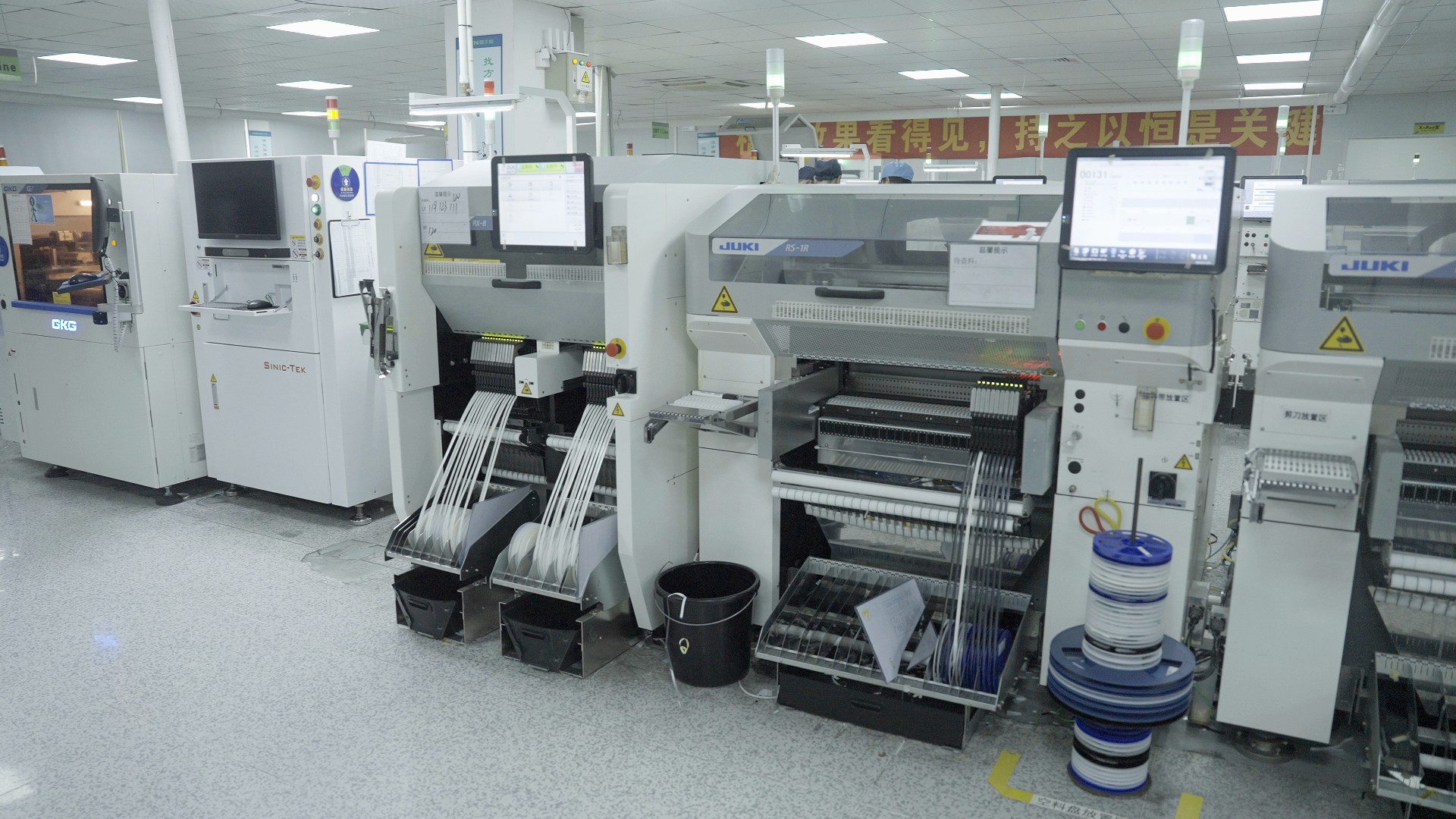
When it comes to selecting a PCB assembly company, evaluating their quality control processes is crucial. Quality assurance not only impacts the reliability of your circuit board but also affects the overall efficiency and cost-effectiveness of your electronic manufacturing services. A robust quality control system ensures that every aspect of the circuit card assembly meets industry standards and customer expectations.
Importance of Quality Assurance Processes
Quality assurance processes are the backbone of any reputable PCB manufacturing assembly operation. These processes help identify defects early, reducing waste and ensuring that only high-quality circuit boards reach the market. By prioritizing quality assurance, a PCB assembly company can enhance customer satisfaction and build a solid reputation in the competitive landscape of circuit board manufacturing.
An effective quality assurance process involves rigorous testing at various stages of production, from initial design through to final assembly. This includes inspections for component placement accuracy, solder joint integrity, and functional testing to ensure that the finished product meets specifications. Ultimately, investing in quality assurance translates into fewer recalls or failures down the line, saving both time and money for everyone involved.
Common Certifications: IPC and ISO
Certifications like IPC (Institute for Printed Circuits) and ISO (International Organization for Standardization) are vital indicators of a PCB assembly company's commitment to quality. IPC certification ensures that manufacturers adhere to stringent standards for printed circuit boards, covering aspects such as materials used and production techniques employed during circuit card assembly. Meanwhile, ISO certification demonstrates an organization's dedication to maintaining consistent quality across all facets of their operations.
These certifications not only provide peace of mind but also serve as a benchmark against which potential partners can be evaluated. When choosing an electronic manufacturing services provider, look for companies with these certifications prominently displayed; they signal a commitment to excellence in PCB manufacturing practices. Moreover, these credentials can enhance your own product's credibility when presented to customers or stakeholders.
How to Assess Manufacturing Capabilities
Assessing a PCB assembly company's manufacturing capabilities is essential for ensuring they can meet your project requirements efficiently and effectively. Start by examining their equipment; modern machinery equipped with advanced technology often indicates higher precision in circuit board manufacturing processes. Additionally, inquire about their production capacity—can they handle large orders without sacrificing quality?
Another aspect worth considering is their experience with various types of projects within your industry niche; this knowledge often correlates with superior understanding during the circuit card assembly phase. Don't hesitate to ask about past projects or request case studies showcasing successful collaborations—these insights will help you gauge how well they align with your needs. Finally, visiting their facility can provide firsthand insight into their operations; seeing is believing when it comes to evaluating capabilities in PCB manufacturing.
Exploring Electronic Manufacturing Services
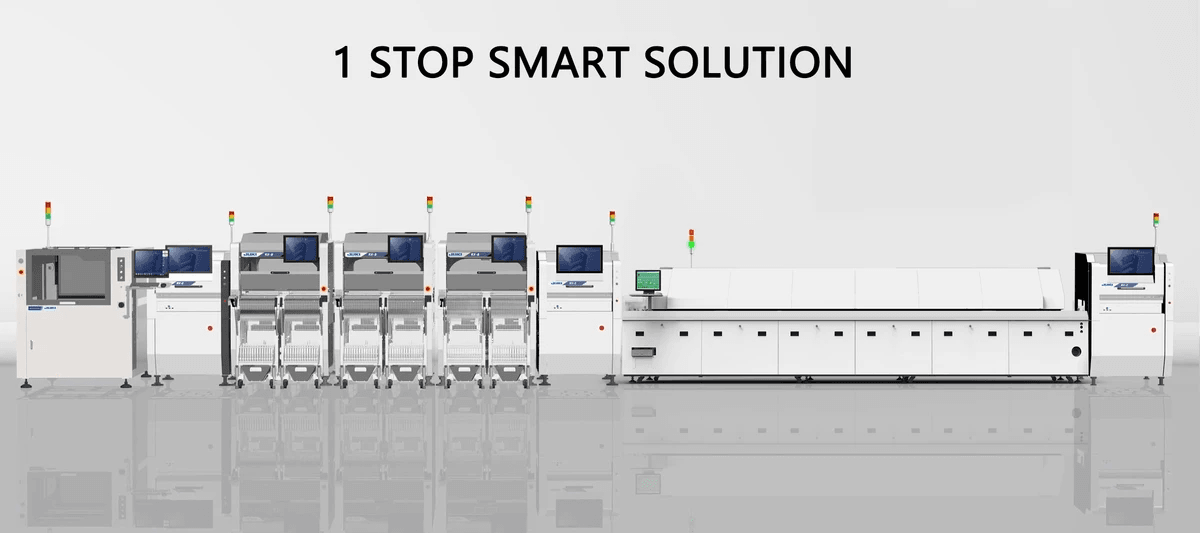
When diving into the world of electronic manufacturing services, it's essential to understand the breadth of offerings available. A reputable PCB assembly company will typically provide a variety of services that extend beyond just circuit card assembly. From prototyping and testing to full-scale production, these services are designed to meet diverse customer needs and ensure high-quality circuit board manufacturing.
Range of Services Offered
A well-rounded PCB assembly company should offer an extensive range of services tailored to different stages of the product lifecycle. This includes design support, material sourcing, assembly, testing, and even logistics management for finished products. By leveraging these comprehensive electronic manufacturing services, clients can streamline their operations and reduce time-to-market for their circuit board products.
In addition to standard assembly processes, many companies now incorporate advanced techniques like surface mount technology (SMT) and through-hole technology (THT), enhancing the efficiency and reliability of PCB manufacturing assembly. Furthermore, some providers may offer specialized options such as quick-turn prototypes or low-volume production runs that cater to niche markets or specific project requirements. Ultimately, selecting a PCB assembly company with a broad service portfolio can significantly influence your project's success.
Benefits of In-House vs. Outsourced PCB Manufacturing
When considering your options for PCB manufacturing, one critical decision revolves around whether to keep production in-house or outsource it to a dedicated pcb assembly company. In-house manufacturing allows for greater control over quality and timelines but often requires significant investment in equipment and skilled personnel—resources that can strain smaller businesses or startups.
On the other hand, outsourcing circuit card assembly offers several advantages including access to advanced technologies without the hefty upfront costs associated with setting up an internal facility. Moreover, partnering with an experienced electronic manufacturing services provider can free up your team’s time so they can focus on core business functions while benefiting from industry expertise in circuit board manufacturing processes.
Ultimately, the choice between in-house versus outsourced PCB manufacturing depends on factors such as project scale, budget constraints, and long-term strategic goals—each route has its unique set of pros and cons that must be carefully weighed before making a decision.
Comparing Service Providers: Bensun Technology vs. Others
When evaluating different service providers for your PCB needs, it’s crucial to analyze what makes each stand out in the crowded marketplace—especially when comparing Bensun Technology against its competitors. Known for its commitment to quality and innovation in pcb manufacturing assembly processes, Bensun Technology offers tailored solutions backed by years of experience in electronic manufacturing services.
One key differentiator is their emphasis on customer collaboration throughout every phase—from initial design consultation through final delivery—which ensures that all aspects align with client expectations for circuit board performance and reliability. Additionally, their robust quality assurance protocols guarantee adherence to industry standards like IPC-A-610 which is vital when assessing potential partners.
While other companies might excel in specific areas like cost-effectiveness or speed-to-market solutions, Bensun Technology's holistic approach combines both quality assurance with competitive pricing models that appeal to diverse market segments seeking reliable pcb assembly solutions without compromising on excellence.
Analyzing Cost Factors in PCB Manufacturing
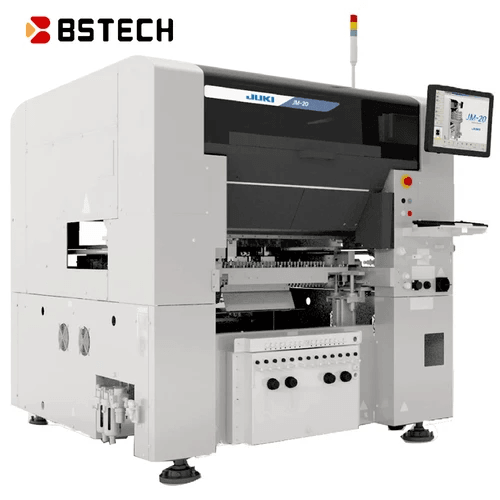
When diving into the world of PCB manufacturing, understanding cost factors is crucial for making informed decisions. The expenses associated with circuit card assembly can vary significantly based on a multitude of elements, including material choices, labor costs, and the complexity of designs. By analyzing both direct and hidden costs, you can better budget your electronic manufacturing services and ensure that your project remains financially viable.
Direct vs. Hidden Costs in PCB Assembly
Direct costs are those that are easily identifiable and typically include materials, labor, and overhead associated with the actual circuit board manufacturing process. For instance, purchasing high-quality components for your PCB assembly will certainly show up as a direct expense on your invoice. However, hidden costs can sneak up on you; these might include shipping fees for components, unexpected rework due to design flaws, or even delays caused by supply chain issues that can inflate overall project costs.
Understanding both types of costs is essential when selecting a PCB assembly company. A company may offer attractive pricing initially but might lack transparency regarding potential hidden fees that could arise later on in the production process. Therefore, it’s wise to ask about all possible expenses upfront to avoid any unpleasant surprises down the road.
Understanding Pricing Models
Pricing models for PCB manufacturing can vary widely between different service providers and often depend on several factors like production volume and complexity of the circuit board design. Some companies may offer fixed pricing based on set parameters while others might utilize variable pricing that fluctuates based on real-time market conditions or specific client requirements. Familiarizing yourself with these models will help you identify which pcb assembly company aligns best with your budgetary constraints.
Furthermore, understanding whether a provider charges per unit or offers bulk discounts can greatly influence your decision-making process as well as impact long-term partnerships in electronic manufacturing services. Always take the time to compare quotes from various suppliers; this not only gives insight into market rates but also helps you gauge which companies provide added value beyond mere cost savings.
Tips for Budgeting Your PCB Projects
Budgeting for your pcb manufacturing projects requires a thoughtful approach to avoid overspending while still achieving quality results in circuit card assembly. Start by drafting a detailed outline of all expected direct costs along with potential hidden expenses that could arise during production phases—this includes everything from prototyping to final assembly and testing stages. Prioritize transparency by keeping an open line of communication with your chosen pcb assembly company about their processes and any additional fees they may incur throughout production.
Another smart budgeting tip involves setting aside contingency funds specifically designated for unforeseen challenges—this could be anything from needing extra materials due to design changes or accommodating unexpected delays in component delivery times during peak seasons affecting electronic manufacturing services across the industry. Lastly, regularly revisiting and adjusting your budget based on real-time data will keep financial surprises at bay while ensuring successful project completion within financial parameters.
The Role of Technology in Circuit Board Manufacturing
In the rapidly evolving world of circuit board manufacturing, technology plays a pivotal role in shaping the landscape of PCB assembly. From advanced materials to sophisticated machinery, innovations are driving improvements in efficiency and quality for electronic manufacturing services. As companies strive to stay competitive, understanding these technological advancements becomes essential for selecting the right PCB assembly company.
Latest Innovations in PCB Assembly
The latest innovations in PCB assembly include the integration of flexible and rigid-flex circuits, which allow for more compact designs without sacrificing performance. Additionally, advancements in surface mount technology (SMT) have enabled manufacturers to produce smaller components that can be densely packed onto circuit boards, enhancing functionality. Moreover, 3D printing is making waves by allowing rapid prototyping and custom designs, thus streamlining the circuit card assembly process.
Benefits of Automation in PCB Manufacturing
Automation is revolutionizing PCB manufacturing by minimizing human error and optimizing production speed. Automated processes such as pick-and-place machines ensure precise component placement on circuit boards while reducing labor costs significantly. Furthermore, real-time monitoring systems provide immediate feedback on production quality, enabling manufacturers to maintain high standards consistently—an essential factor when partnering with a reliable PCB assembly company.
How Technology Affects Production Efficiency
The impact of technology on production efficiency cannot be overstated; it transforms how PCB manufacturing operates at every level. By leveraging software solutions that enhance workflow management and inventory control, manufacturers can streamline their operations and reduce lead times significantly. In turn, this boosts productivity and allows companies to respond swiftly to market demands—a crucial advantage for any electronic manufacturing services provider looking to thrive in a competitive environment.
Conclusion
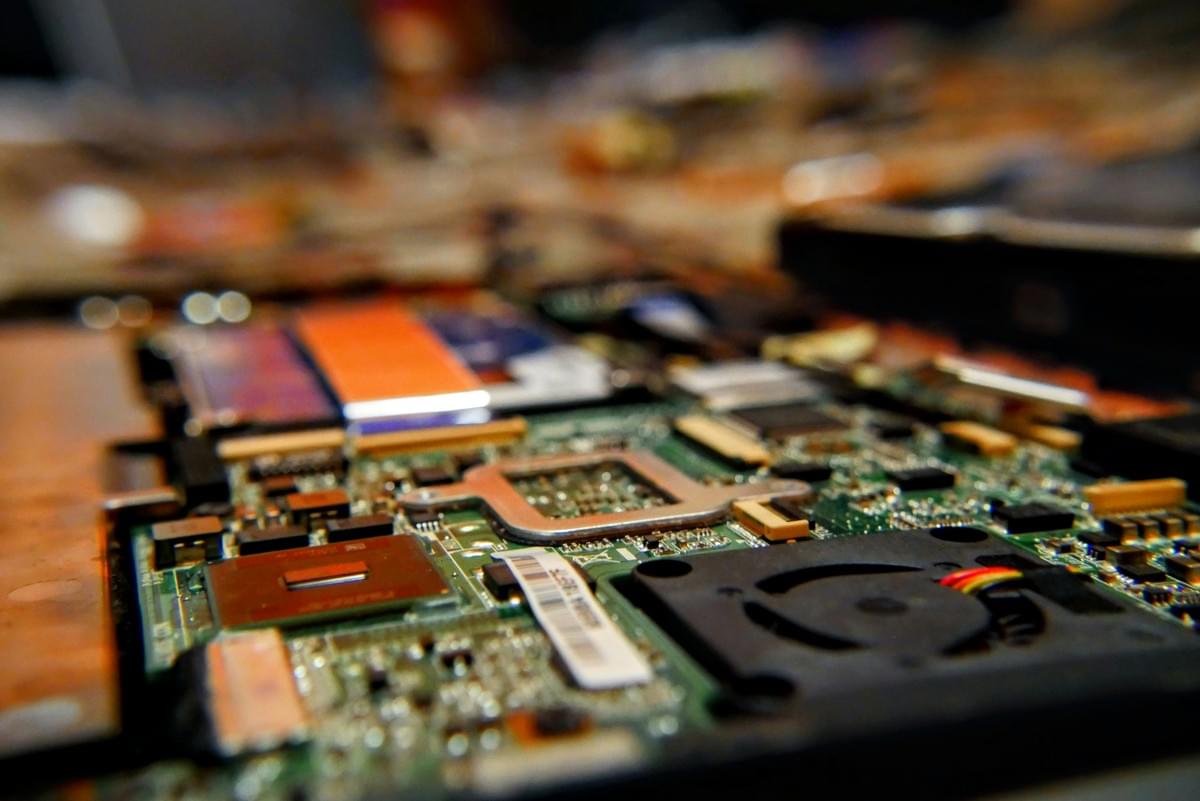
In the ever-evolving landscape of PCB manufacturing, making an informed decision about your PCB assembly company is crucial. The right partner not only enhances the quality of your circuit card assembly but also streamlines your production processes and reduces costs. As you weigh your options, consider how each potential partner aligns with your specific needs and long-term goals in electronic manufacturing services.
Making Your Final Decision on PCB Assembly
Choosing a PCB assembly company requires careful evaluation of their capabilities, experience, and track record in circuit board manufacturing. Look for a provider that demonstrates expertise in both high-volume production and specialized projects to ensure they can meet your unique demands. Remember, the right choice will not only impact the immediate success of your project but also influence future collaborations in PCB manufacturing assembly.
Building Lasting Relationships with PCB Partners
Once you've selected a suitable PCB assembly company, focus on building a strong partnership that fosters open communication and collaboration. A successful relationship hinges on trust; share your expectations clearly and be receptive to feedback from your circuit card assembly partner. By nurturing this connection, you pave the way for smoother project execution and innovation in electronic manufacturing services down the line.
Future Trends in PCB Manufacturing and Assembly
The future of circuit board manufacturing looks bright with advancements like automation and AI-driven processes poised to revolutionize how we approach PCB assembly. These innovations promise increased efficiency, reduced errors, and ultimately lower costs for businesses engaged in electronic manufacturing services. Staying ahead of these trends will enable you to make informed decisions as technology continues to shape the landscape of PCB manufacturing.
